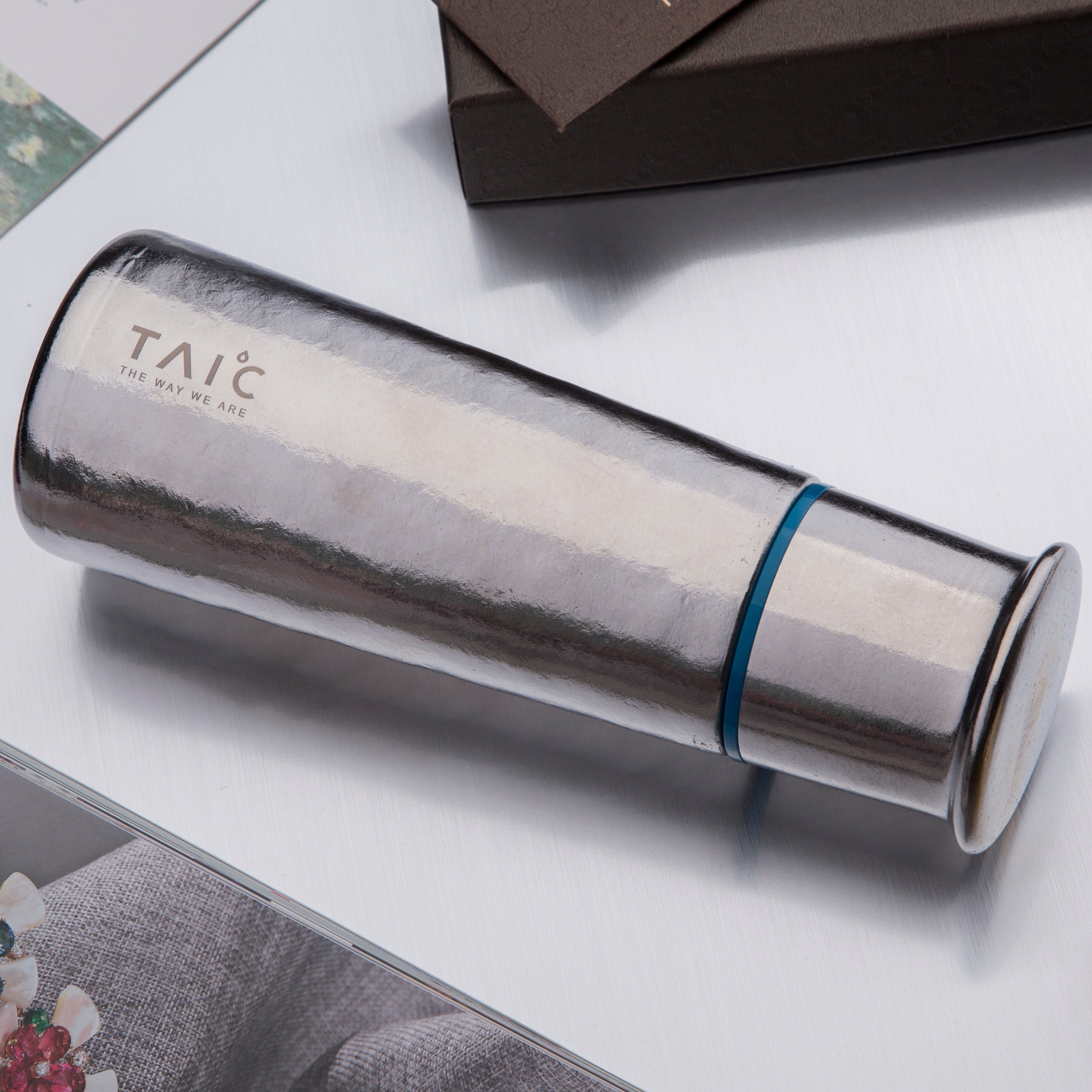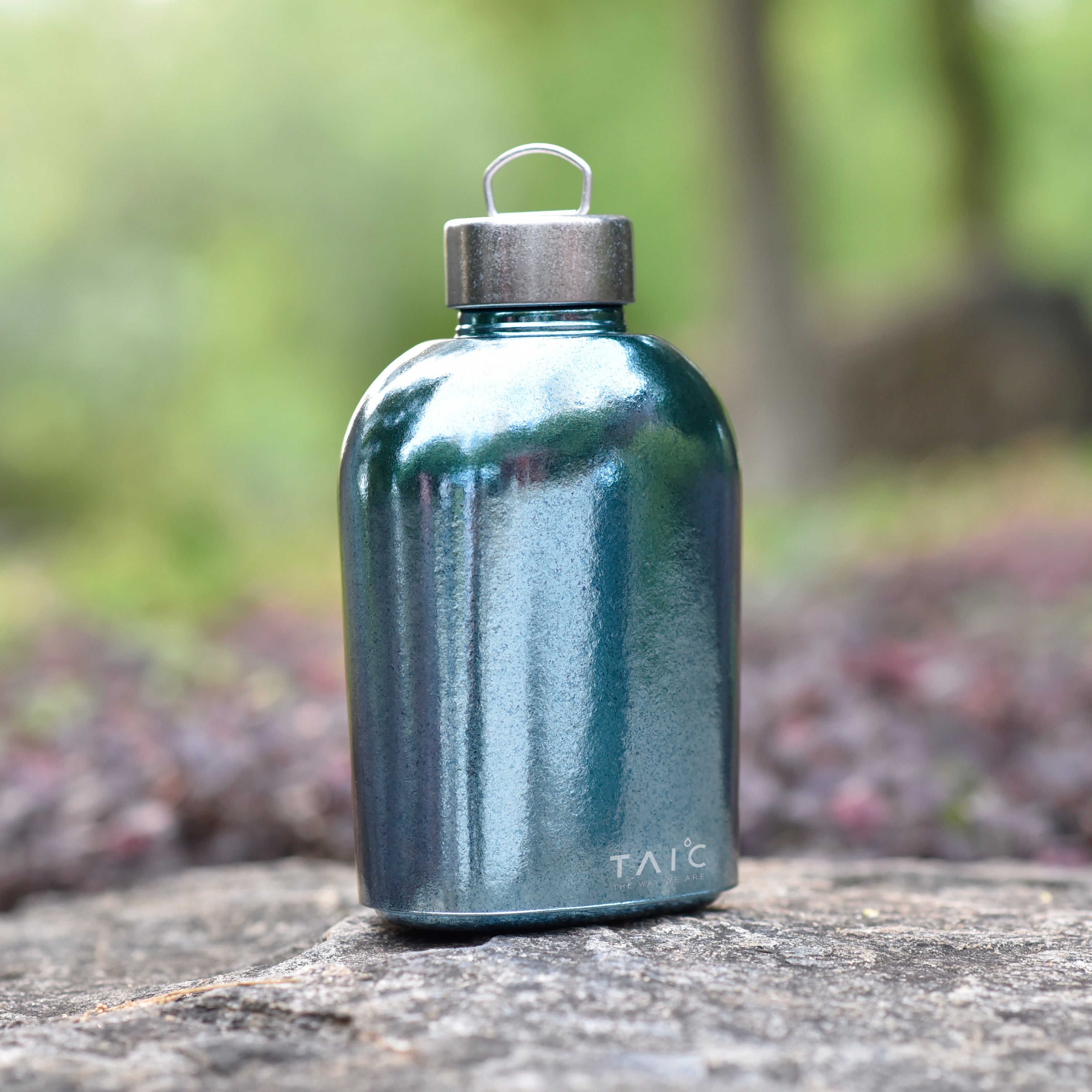Article: Titanium Cup vs Stainless Steel: Which Is Better for Your Health?

Titanium Cup vs Stainless Steel: Which Is Better for Your Health?
When it comes to choosing the right drinkware, most of us think in terms of durability, design, and convenience. But have you ever asked yourself: what’s actually in contact with your drink — and by extension, your body — every day?
The answer might surprise you. While stainless steel has long been the go-to for reusable drinkware, a quieter, more advanced contender is rising fast: titanium.
Let’s break down the health and material differences between these two metals — and help you decide which one deserves a spot in your daily ritual.
1. Material Purity: Titanium Is Truly Inert
Titanium is one of the most biocompatible metals on Earth — meaning it doesn’t react with the human body, or with your beverage.
- Titanium: Chemically inert, even when heated. Doesn’t leach, rust, or corrode.
- Stainless Steel: Contains nickel and chromium, which can leach in small amounts, especially with acidic or hot liquids.
If you’re sensitive to metals or just want to minimize daily exposure to chemical residues, titanium is the cleanest choice available.
2. No Taste, No Coating, No Surprises
If you’ve ever sipped from a steel bottle and noticed a faint “metallic” aftertaste — you’re not imagining it.
- Titanium: Pure, no taste, and requires no internal coating.
- Stainless Steel: Often lined with epoxies or polymer coatings that degrade over time.
With titanium, there’s no filler, no coatings, no chemical layers between you and your drink.
3. Long-Term Health & Environmental Impact
- Titanium: Ultra-durable, non-toxic, and endlessly reusable.
- Stainless Steel: Durable but more prone to corrosion and wear, often requiring replacement.
Investing in one titanium cup today can help you avoid throwing out 5 metal cups in the next 10 years.
4. Easy to Clean, Safe to Use
Both materials are dishwasher-safe, but titanium’s non-reactive nature means:
- Faster cleaning with no residue
- Less bacterial buildup
- Safer for storing liquids over time
Less scrubbing, less worry, more peace of mind.
Final Verdict: Titanium Wins on Health, Taste, and Purity
If your priorities include health, purity, and long-term peace of mind, titanium is clearly the better option.
It may come at a higher initial price, but what you’re investing in is clarity — no coatings, no heavy metals, no compromises.
👉 You really don’t want to miss this →


